Mr. Nguyen Thanh Hung, Deputy Director of the Department of Tax, Fee and Charge Policy Management and Supervision (Ministry of Finance). (Photo: MINH PHUONG)
Although the budget deficit is about 7,500 billion VND per year, according to the Ministry of Finance, this is a necessary trade-off for greater socio-economic benefits.
In a press conference on the proposal to extend the agricultural land use tax exemption policy until 2030 on May 6, Mr. Nguyen Thanh Hung, Deputy Director of the Department of Tax, Fee and Charge Policy Management and Supervision (Ministry of Finance), said that agriculture, farmers and rural areas play a strategic role in socio-economic development, political stability and sustainable development.
Therefore, continuing the policy of exemption and reduction of agricultural land use tax is a major policy of the Party and State to eliminate hunger, reduce poverty, promote production and stabilize farmers' lives.
Currently, this tax exemption policy is implemented according to Resolutions No. 55/2010/QH12, 28/2016/QH14 and 107/2020/QH14 of the National Assembly, applicable until December 31, 2025. The main content is to exempt all agricultural land use taxes, except for cases where the land is allocated but the user does not directly produce but instead leases it out.
According to the proposal of the Ministry of Finance, this policy will be extended until the end of 2030. Mr. Hung said that this is not only a tool to directly support people but also aims to improve the competitiveness of Vietnamese agricultural products, ensure food security, create jobs in rural areas, and contribute to the effective implementation of the new rural development program. At the same time, this policy is also consistent with international practices and Vietnam's commitments when participating in free trade agreements (FTAs).
According to calculations, extending the tax exemption until 2030 will cause the state budget to not collect about 7,500 billion VND each year. However, Mr. Nguyen Thanh Hung affirmed that this is not a new "revenue deficit", because the tax exemption policy has been implemented stably for many years. Instead of reducing revenue, this is to continue to maintain the current revenue level - that is, almost no revenue from this type of tax.
He cited: "In 2022 and 2023, the revenue from agricultural land use tax will only reach about 10 billion VND per year, equivalent to 0.0057% of the total state budget revenue. This is a very small number, only enough to partially offset tax management costs."
Therefore, the continuation of this policy does not have a major impact on the national budget balance. On the contrary, the policy is creating positive effects, highly appreciated by most localities because it helps promote production, increase people's income and contribute to the construction of new rural areas.
Regarding some concerns that the general tax exemption may lead to land being abandoned but still enjoying incentives, Mr. Hung said that the proposal of the Ministry of Finance does not expand the subjects eligible for tax exemption, but only extends the application period. At the same time, there are sanctions for cases of improper land use or land abandonment.
Specifically, the 2024 Land Law has a very clear provision in Clause 7, Article 81: If land for annual crops or aquaculture is not used continuously for 12 months, land for perennial crops is not used for 18 months, or land for forestry is not used for 24 months, it will be subject to administrative sanctions and confiscated. Article 103 of the Law also clearly states: land confiscated due to abandonment will not be compensated.
In other words, the current legal framework is tight enough to handle the situation of abandoned land. The Ministry of Finance, in its role as tax policy manager, will closely coordinate with land management agencies to ensure that the agricultural land use tax exemption policy is truly targeted, effective, and avoids budget loss and waste of land resources.
In addition, Article 103 of the Law also stipulates that when land is reclaimed due to abandonment, the State will not compensate for the land. Thus, the current legal system has very clear regulations to ensure the effective use of agricultural land, avoiding the situation of "holding land waiting for the right time" or using it for the wrong purpose.
Mr. Hung added: "In fact, the number of cases of abandoned land exempted from tax is very small, insignificant compared to the total area of agricultural land being exempted from tax. However, in order for the policy to go in the right direction, coordination between ministries, branches and localities in land management is extremely important."
According to the Ministry of Finance, continuing to exempt agricultural land use tax not only helps reduce input costs for people but also contributes to orienting effective land use, promoting large-scale, high-tech production in agriculture. This is also one of the solutions to support green transformation, enhancing the competitiveness of Vietnamese agricultural products in the context of the global trend towards sustainable, environmentally friendly production.
It is expected that if approved by the National Assembly, this policy will continue to be implemented stably from 2026 to the end of 2030.
(According to NDO)
Source: https://baoyenbai.com.vn/12/349835/Tiep-tuc-mien-thue-su-dung-dat-nong-nghiep-Doi-thu-lay-loi-ich-cho-phat-trien-ben-vung.aspx




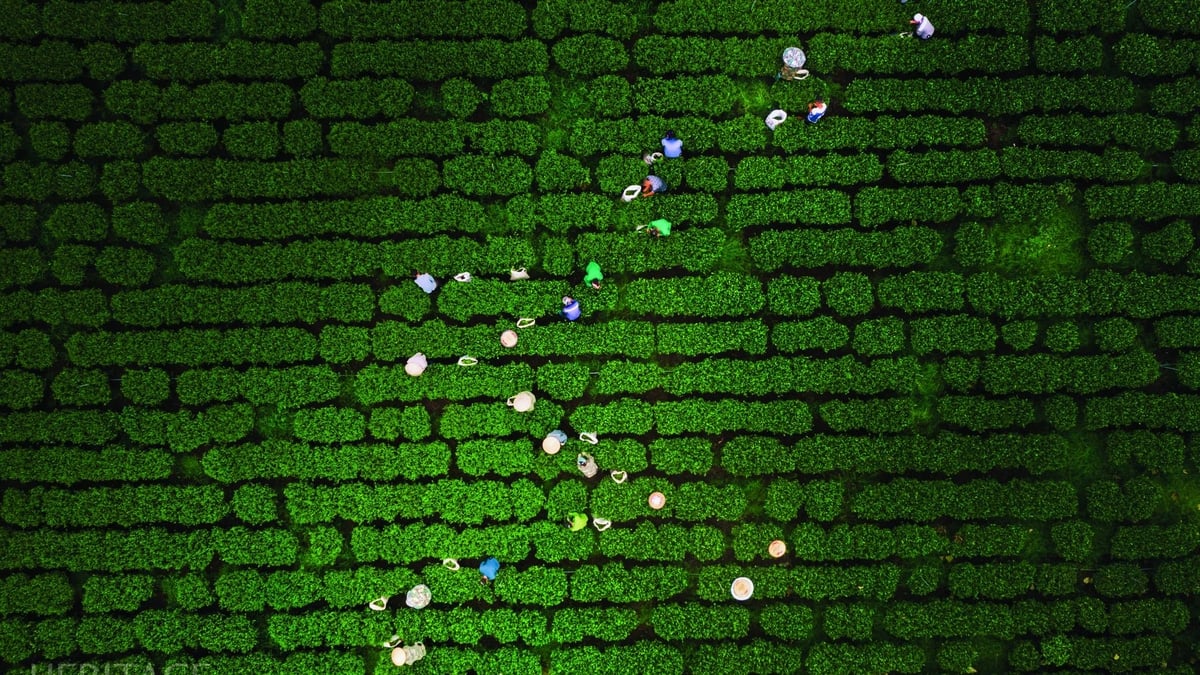



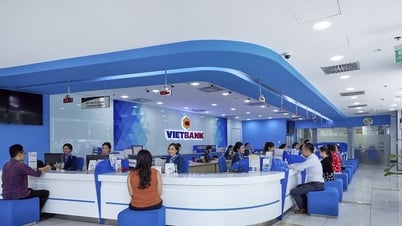
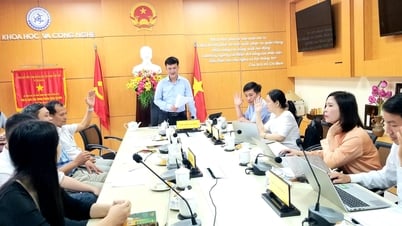
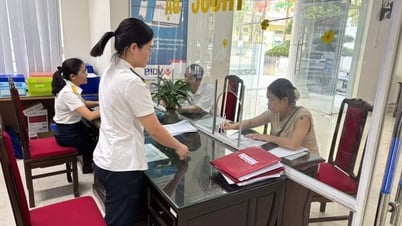
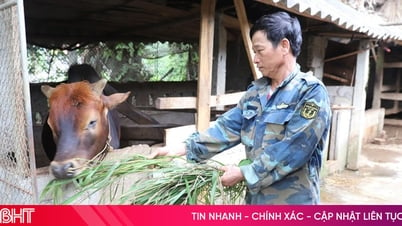

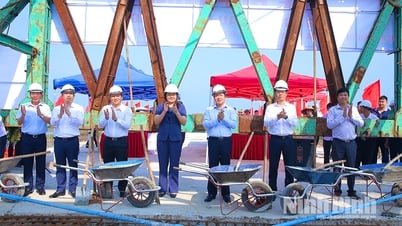






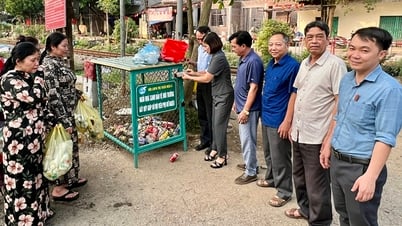



![[Photo] Prime Minister Pham Minh Chinh receives Swedish Minister of International Development Cooperation and Foreign Trade](https://vphoto.vietnam.vn/thumb/1200x675/vietnam/resource/IMAGE/2025/5/12/ae50d0bb57584fd1bbe1cd77d9ad6d97)
![[Photo] Prime Minister Pham Minh Chinh works with the Standing Committee of Thai Binh Provincial Party Committee](https://vphoto.vietnam.vn/thumb/1200x675/vietnam/resource/IMAGE/2025/5/12/f514ab990c544e05a446f77bba59c7d1)











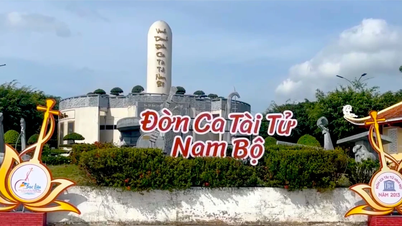





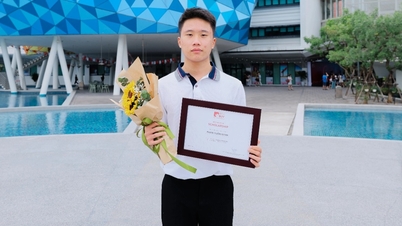





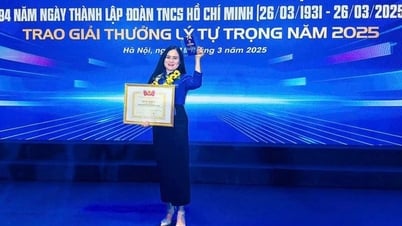














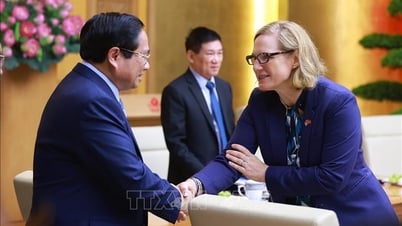




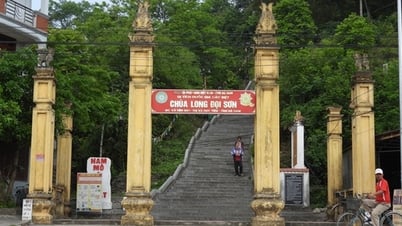


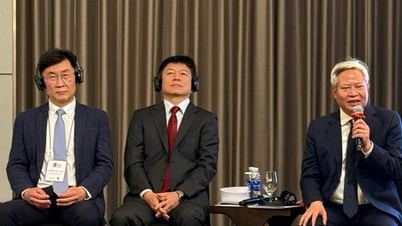




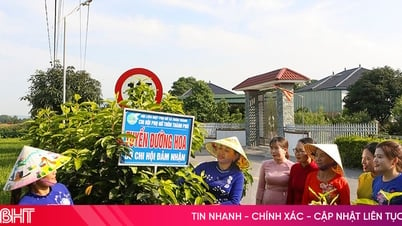
















Comment (0)